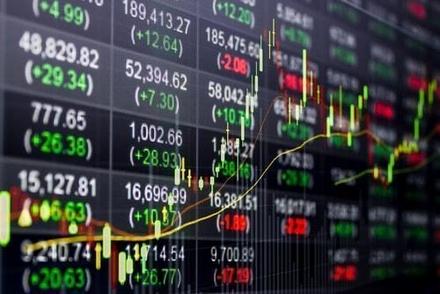OFF SITE/EVENING & WEEKEND APPOINTMENTS AVAILABLE ●
TELEPHONES ANSWERED 24 HOURS A DAY
TELEPHONES ANSWERED 24 HOURS A DAY
What Is Insider Trading?
 Even with the widely publicized arrest and later conviction of Martha Stewart for insider trading, many people still are not aware of what this crime entails. Many also think that it is a crime of the affluent or those that have acquired fame, perhaps due to the Stewart scandal in 2003. However, people are charged with insider trading more often than many think. So, what does this crime involve? And what are the penalties associated with it?
Even with the widely publicized arrest and later conviction of Martha Stewart for insider trading, many people still are not aware of what this crime entails. Many also think that it is a crime of the affluent or those that have acquired fame, perhaps due to the Stewart scandal in 2003. However, people are charged with insider trading more often than many think. So, what does this crime involve? And what are the penalties associated with it?
Insider Trading Defined
Insider trading is when an individual has a fiduciary duty to another individual, institution, corporation, or other entity and makes an investment decision based on information that is not available the general public. The decision can be made in order to profit from that investment or to avoid losses in others. In the Martha Stewart case, she sold her ImClone stocks in order to avoid a loss. Interestingly, insider trading has only been considered a crime in the past several decades. Early in the twentieth century, the Supreme Court actually called insider trading an advantage of being an executive. After the opulent 1920s, and the subsequent Great Depression, public opinion shifted, and the courts’ did as well. It was at this time that insider trading was no longer allowed, and when the Securities Exchange Act of 1934 was created.Penalties for Insider Trading
The penalties for insider trading will vary, depending on the nature and severity of the case. Most of the time, the penalties will include a combination of fines and jail times. In Stewart’s case, she was forced to pay $30,000 and spent five months in federal prison. Over the past several years, the Securities Exchange Commission (SEC) has also been working to disallow anyone convicted of insider trading to serve as an executive in a publicly-traded company.Defending an Insider Trader Charge
Like any other crime, the prosecution in an insider trading case must prove that the defendant is guilty beyond a reasonable doubt. In insider trading cases specifically, they must prove that securities were actually sold or purchased, that it happened while the defendant had knowledge not available to the general public, and that the information was material. In order for the information to be material, it must be proven that another investor would have thought the information was relevant when determining whether to sell or purchase securities. A proper defense can challenge any of these elements. If the media had leaked information pertaining to a certain security, it would be considered general knowledge the public had access to. Or, perhaps the information was not material and so, should not be considered relevant in an insider trading case. All of these defenses are possibilities, but no one should ever try to fight these serious charges on their own.Contact a Chicago Federal Crimes Lawyer
If you have been charged with insider trading, or any other federal crime, contact a skilled Chicago federal crimes lawyer in Chicago that can help. At the Law Offices of Hal M. Garfinkel LLC, Chicago Criminal Defense Attorney, we know how to defend charges like these, and we will get to work right away to prepare you the best possible defense. Do not take a chance on your future. Call us today at 312-629-0669 for a free consultation so we can start reviewing your case.
Source:
https://www.wsj.com/articles/SB107833235519345426




